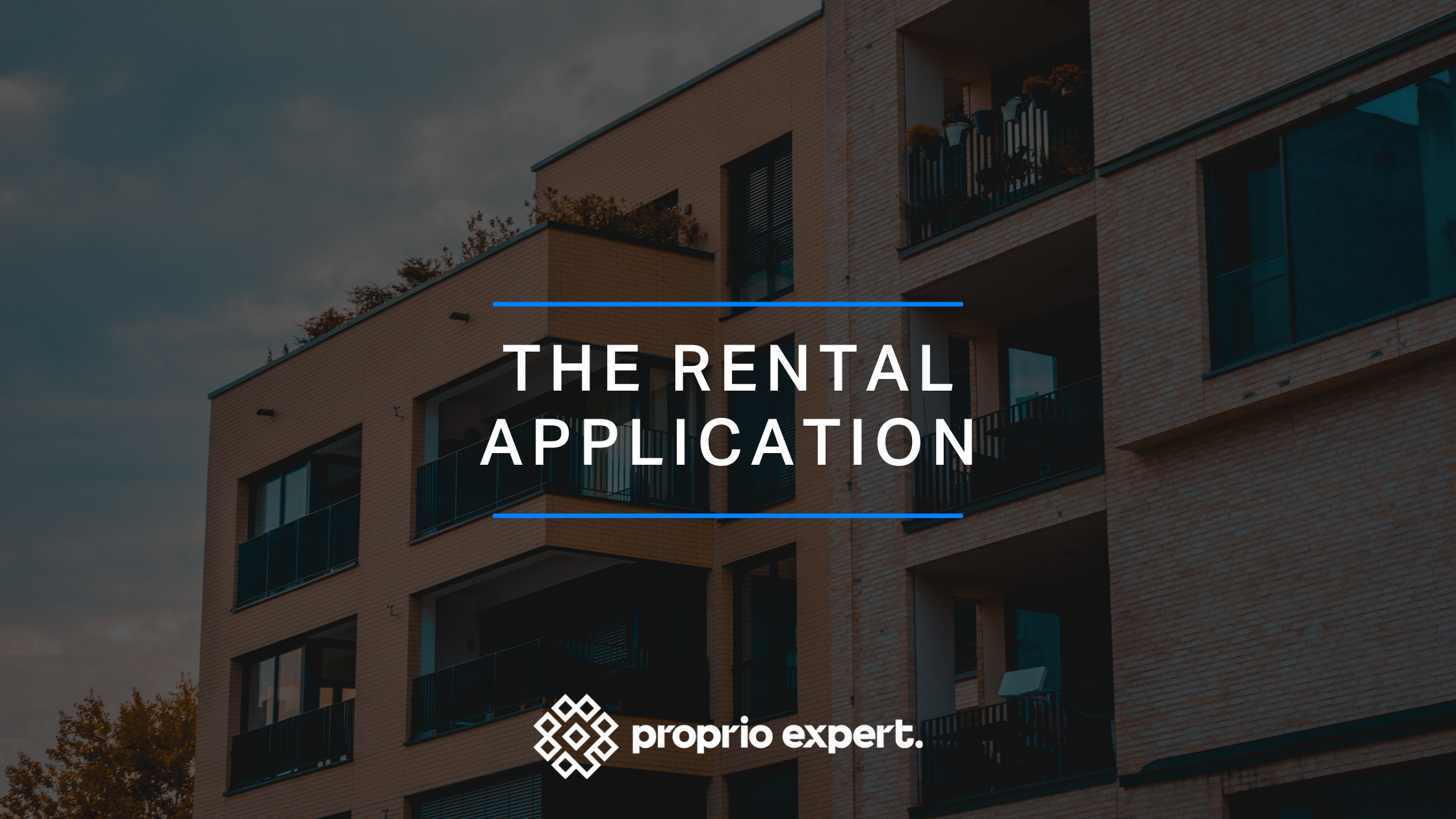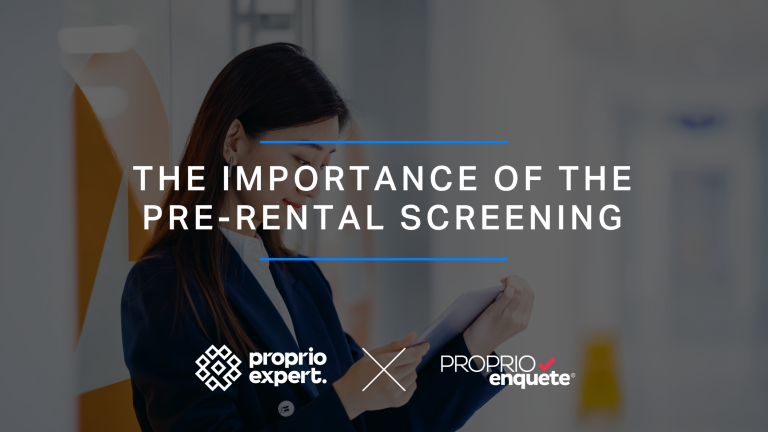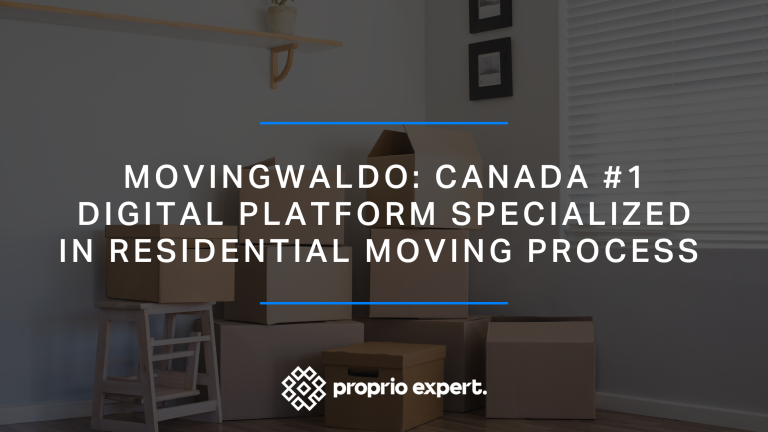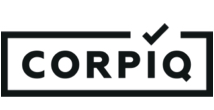The rental application
As a property manager or owner, choosing tenants is a task that needs to be carried out with care. When you show your properties to potential tenants, you want to make the best possible choice. No one wants to get into trouble with a tenant who is a bad payer, or who has a difficult history with previous landlords. Selecting the right candidates can be a daunting task, especially when you want to allocate your apartments to reliable, responsible tenants.
This is where the rental application comes in.
What is a rental application?
A rental application is a form that allows you to learn more about your potential tenants. The form is filled out by the applicant and then sent to you so that you can study certain information about them, before making a final decision on renting an apartment. The rental application is therefore a tool that enables you to build up a general picture of an applicant’s profile and situation.
What information are you entitled to collect?
As part of a rental application, you may require certain information to establish the identity, behavior and payment habits of a potential tenant. Here is the information you are entitled to request:
Information to establish the identity of the future tenant:
- Full name
- Full current address
To ensure that the information provided is true, you can ask for proof of identity, with or without a photo. This could be a driver’s license or health insurance card, for example. However, you may only collect the information contained on the ID document, and are under no circumstances authorized to make a photocopy or keep it in the applicant’s rental file.
Information to verify the applicant’s behavior:
- Contact details of the previous landlord
- Contact details of the building superintendent
Information to establish payment habits:
- Obtaining information from previous landlords
- Carrying out a credit check
In order to ensure that an applicant has good payment habits, you may request the above-mentioned information after obtaining the applicant’s consent.
Alternatively, you may ask the applicant to provide the following information to establish his or her payment habits:
- A credit report from the applicant’s financial institution
- A letter of recommendation from a previous landlord
- A document attesting to the fulfillment of obligations by a goods or services company that requires one-time payments (e.g. Internet service provider, electricity supplier).
Some examples of personal information you cannot request
Social Insurance Number: The Social Insurance Number is issued by the Government of Canada and is used primarily for employment and tax purposes. Thus, the use of a social insurance number represents a risk of invasion of privacy.
Driver’s license number: Although applicants can use their driver’s license to identify themselves (surname, first name, address, date of birth), it is not necessary to collect the driver’s license number in order to perform such a validation.
Health insurance card number: Again, even if the applicant can use his or her health insurance card to provide identification information, collection of the number is not required under any circumstances.
Passport: Like all the above-mentioned pieces of identification, a passport can be used as an identification tool, but it is strictly forbidden for the lessor to collect the information contained in this document or to make a copy of it.
Employment: The analysis of a tenant’s file does not require the potential candidate to mention his or her employer, name, contact information, number of years of employment or salary.
Vehicle registration and/or description: This information is not required to complete a lease application.
Specimen cheque: This document is not required to collect information for a lease application.
Proprio Expert’s role in your rental process
Did you know that Proprio Expert lets you manage your rental cycle from A to Z?
In fact, the software allows you to receive rental applications and conduct pre-rental screening with potential tenants. This process requires very little effort on your part.
The applicant fills out a rental application in the software. From then on, Proprio Expert does the work for you! The software then automatically generates the pre-rental screening. Finally, you’ll receive the background report by e-mail, which contains the credit check. If you’re satisfied with the result, Proprio Expert reuses this data to generate the digital lease.









